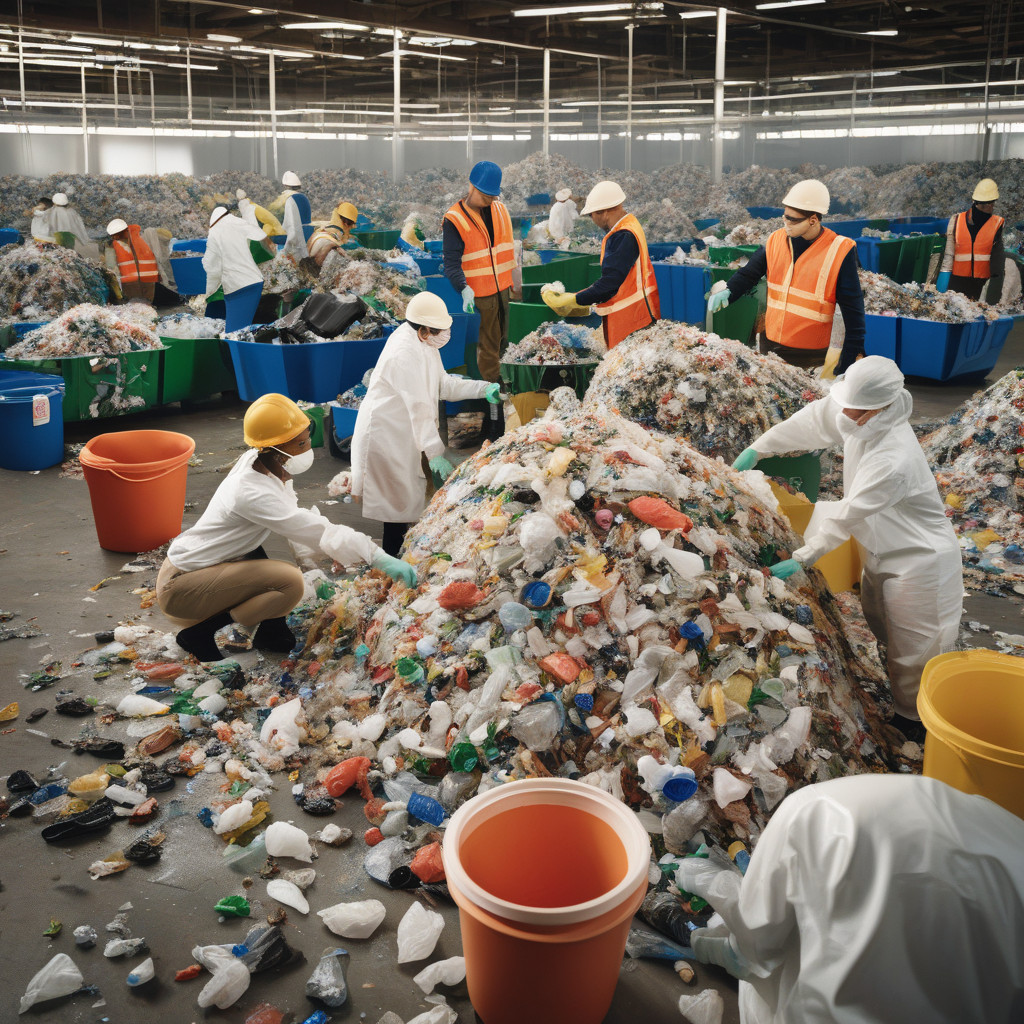Improving Plastic Waste Recycling: A Sustainable Solution for a Healthier Planet
Plastic pollution has become a global crisis, threatening our ecosystems, wildlife, and ultimately, human health. The excessive use of single-use plastics and improper disposal practices have led to mountains of plastic waste accumulating in landfills, oceans, and other natural habitats. To address this pressing issue, it is crucial to focus on improving plastic waste recycling techniques as a means to adopt sustainable practices and prevent further damage to the environment.
Efficient plastic waste recycling plays a vital role in reducing the environmental impact of plastic pollution. By diverting plastic waste from landfills and incinerators, recycling helps conserve natural resources, reduce energy consumption, and minimize greenhouse gas emissions. Additionally, recycling plastic materials decreases the need for virgin plastic production, which in turn helps lower the demand for fossil fuels used in the manufacturing process.
One of the key benefits of enhancing plastic waste recycling is the potential to create a circular economy for plastics. In a circular economy model, recycled plastics are reintegrated into the production chain to create new products, thus reducing the reliance on raw materials and lessening the environmental footprint of plastic manufacturing. By closing the loop through recycling, we can transform plastic waste into a valuable resource and promote a more sustainable approach to plastic usage.
Innovations in plastic waste recycling technologies have revolutionized the way we process and reuse plastic materials. Advanced sorting systems, chemical recycling techniques, and innovative material designs have enabled us to recycle a wider range of plastics efficiently. For instance, chemical recycling processes break down plastic polymers into their original building blocks, allowing for the creation of high-quality recycled plastics that can be used in various industries.
Moreover, initiatives focusing on improving plastic waste collection and recycling infrastructure play a crucial role in increasing recycling rates and reducing plastic pollution. Implementing effective recycling programs, investing in recycling facilities, and raising awareness about the importance of recycling among consumers are essential steps towards building a more sustainable plastic waste management system.
Collaboration among stakeholders, including government bodies, industries, recycling facilities, and consumers, is key to driving progress in plastic waste recycling. By working together to establish regulations, support innovation, and promote sustainable practices, we can create a more circular and environmentally friendly approach to managing plastic waste.
In conclusion, improving plastic waste recycling is imperative for the health of our planet and future generations. By embracing sustainable practices, investing in innovative technologies, and fostering collaboration, we can mitigate the environmental impact of plastic pollution and move towards a more sustainable and circular economy for plastics.
The post Improving plastic waste recycling for the health of our planet appeared first on Innovation News Network.
#plasticwasterecycling, #sustainability, #circulareconomy, #innovation, #environmentalimpact












